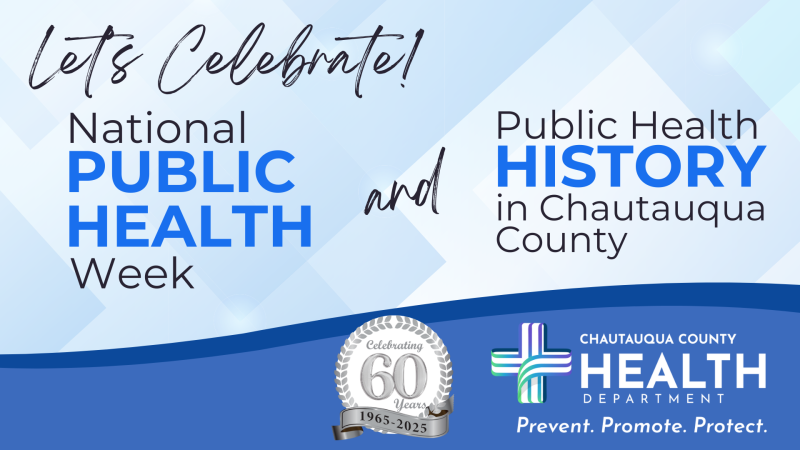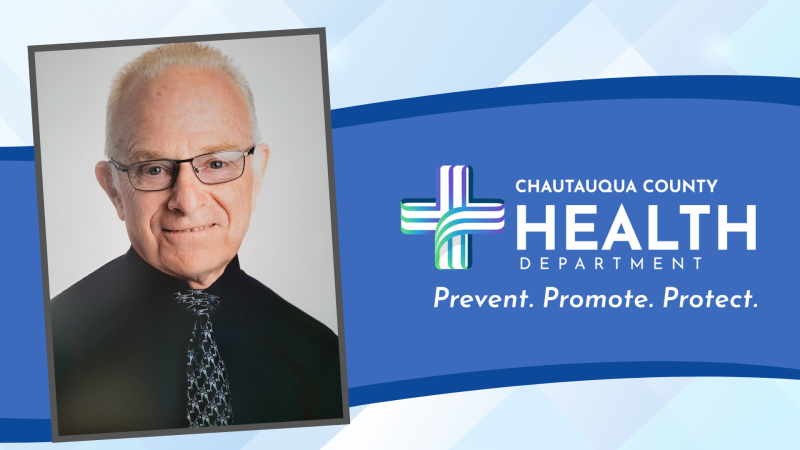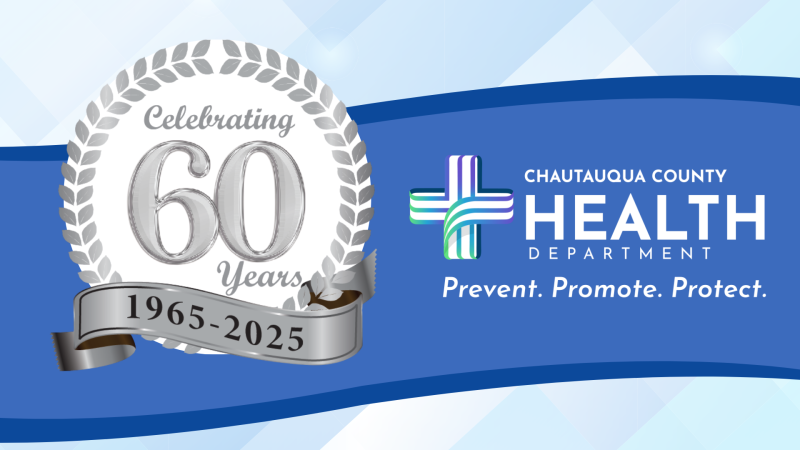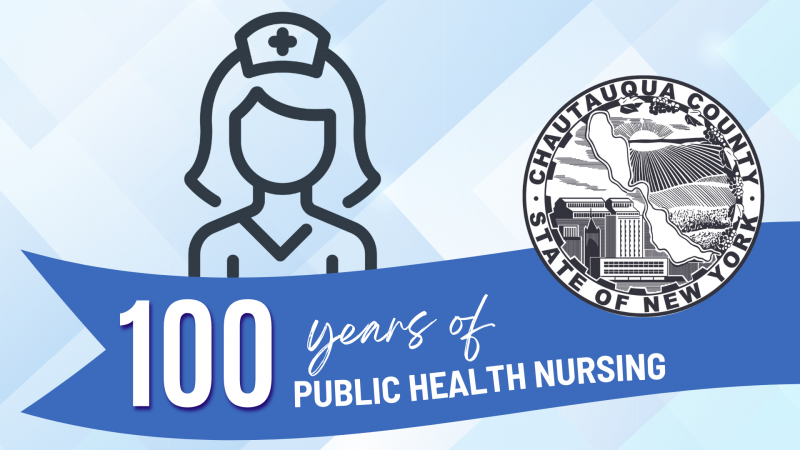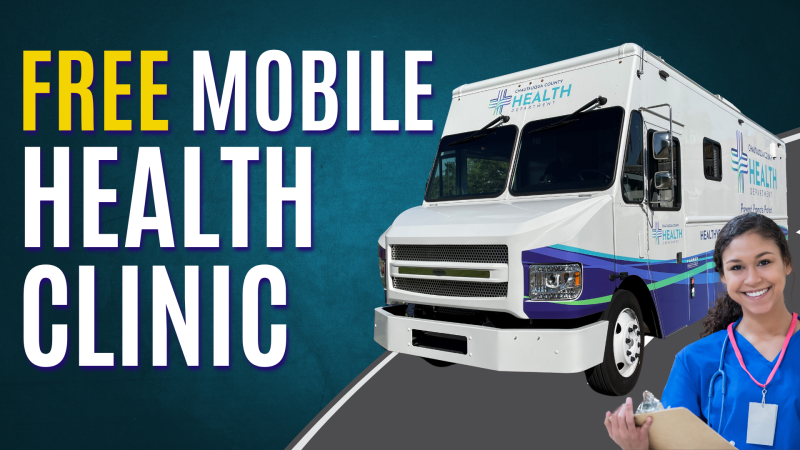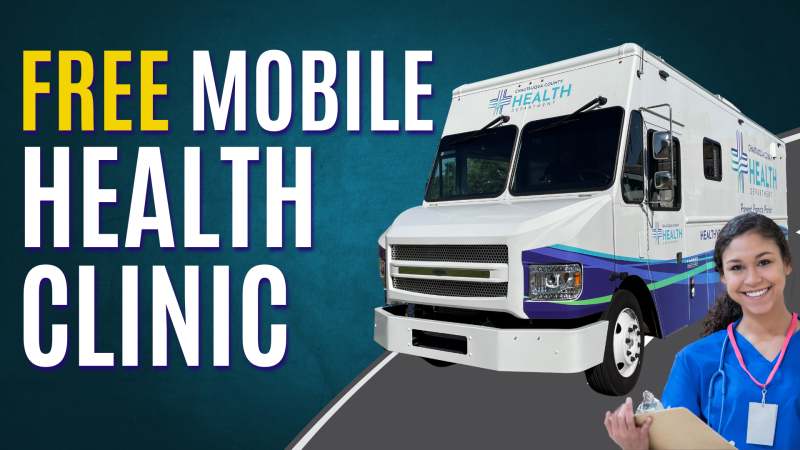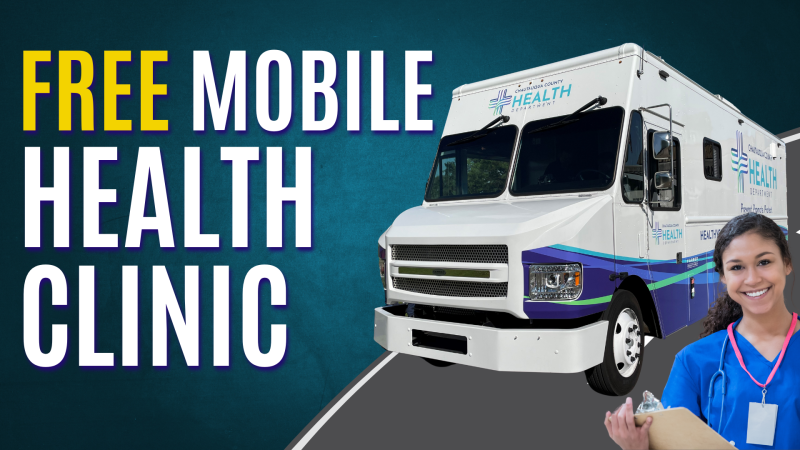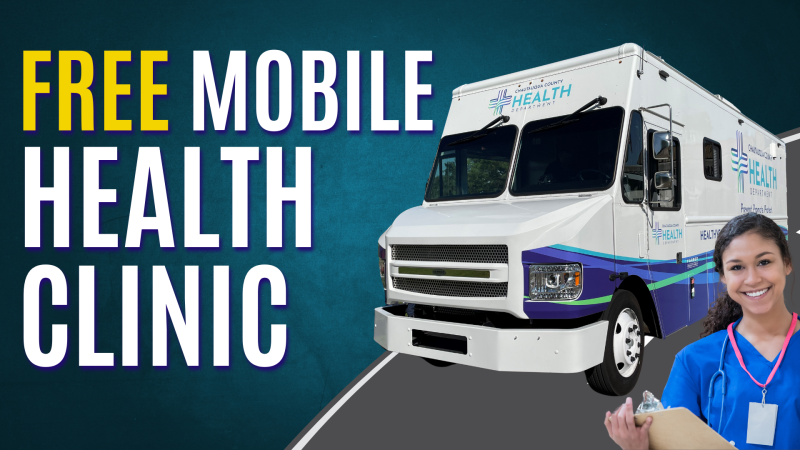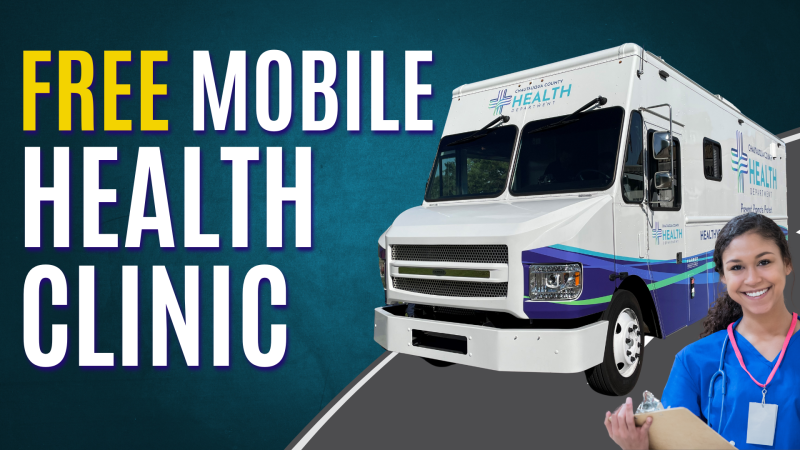
Choosing the way to feed your new baby is one of the most important decisions new or expectant parents will make. It is important to understand how breastfeeding benefits infants and families. To learn more about breastfeeding and lactation support:
- ask your health care provider,
- enroll in a prenatal or breastfeeding class and bring a family member or friend,
- tour a maternity hospital or birthing center, and
- seek out community support groups or services.
In some situations, parents or infants may have medical or health concerns that affect breastfeeding as a choice. If this is a concern, talk to your health care provider.
Breastfeeding is SO good for mom and baby!
Babies who are breastfed:
- Experience less respiratory and gastrointestinal illnesses, as well as less ear infections, allergies and skin rashes.
- Face less risk from Sudden Infant Death Syndrome (SIDS), obesity, Type 2 Diabetes, and Leukemia.
Moms who breastfeed:
- Are less likely to develop Type 2 Diabetes, Breast and Ovarian Cancers, or Postpartum Depression.
- Heal from birthing quicker and in many cases, lose baby weight faster
The American Academy of Pediatrics recommends exclusive breastfeeding for your baby’s first six months of life, and breastfeeding supplemented with solid foods from six months to one year of age.
Tips for making it work
- Feed early and often! Breastfeed as soon as possible after birth. In the first few days after birth, your baby will likely need to breastfeed every hour or two in the daytime and a couple of times at night.
- Learn your baby’s hunger signs. When babies are hungry, they become more alert and active. They may put their hands or fists in their mouth, make sucking motions or turn their head looking for the breast.
- Follow your baby’s lead. Make sure you are comfortable and follow your baby’s lead after he or she is latched on well. Some babies take both breasts at each feeding and others take only one.
- Keep your baby close to you. Remember that baby is not used to this new world and needs to be held very close to his or her mother. Avoid nipple confusion. Avoid using pacifiers, bottles and supplements of formula in the first few weeks unless medically indicated.
- Sleep safely and close by. Have your baby sleep in a crib or bassinet in your room so that you can breastfeed more easily at night.
- Know when to wake the baby. In the early weeks after birth, you should wake your baby to feed if 4 hours have passed since the beginning of the last feeding.
Resources
Breastfeeding can be frustrating! We want to make you are aware of all of the resources in our area that are available to help you and your baby learn to breastfeed and help you be successful!
-
Breastfeeding Helpline
Having breastfeeding problems after hours or in the middle of the night? Professionals are available 24 hours a day, seven days a week to offer support by telephone or text.
Call:1-844-4BF-BABY (1-844-423-2229)
Text: 716-224-2161
National Helpline (9am-6pm): 1-800-994-9662 -
LOCAL RESOURCES:
Call to make an appointment to see one of these local professionals to help with any breastfeeding problems!-
Chautauqua County Health Department:
Call or text: 716-224-2161 -
UPMC Chautauqua
716-664-8281 -
Brooks - TLC Hospital System
716-363-3081 -
Jamestown Pediatrics clients:
716-499-6549 -
Southern Tier Pediatrics clients:
716-358-5434 -
Women, Infants and Children (WIC)
716-218-1484 - to talk to your Peer Counselor
-
-
LOCAL SUPPORT GROUPS
-
Chautauqua County Health Department
-
Follow us on Facebook: Maternal, Infant, and Child Health Program
-
Join our closed Facebook Breastfeeding Support Group
-
-
Follow the Jamestown Baby Cafe and Breastmilk Bank on Facebook
-
For more information about breastfeeding, including recommendations, benefits, and what to expect, visit Centers for Disease Control and Prevention - Breastfeeding.


